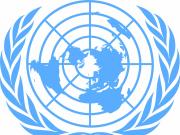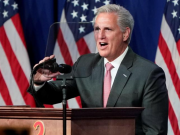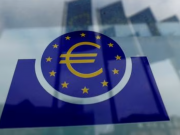By the year 2030, the world will face a 40% shortage of water, so the cross-border cooperation is now the need of the hour, an experts study revealed on 17 March.
The World Energy Council (WEC) predicted the amount of shortfall of available water across the globe in a new report presented at the Asia-Pacific Energy Leaders' summit in Wellington Thursday.
In the report titled "The road to resilience -- managing the risks of energy-water-food nexus," the WEC said the water shortfall would have effects on drinking, food production, hygiene and public health, as well as 98 percent of global electric power generation.
WEC Secretary General Christoph Frei said that the energy-water-food nexus poses "a systemic risk," which could impact the robustness of the energy supply and demand over many years to come.
"Clear coordination and integrated planning needs to take place now or we will start to see the effects of water scarcity on energy supplies in the very near future," said Frei, "assuming a water price during project planning is one way to trigger the right signals."
The report, prepared by over 140 experts across the world, made recommendations to deal with the water scarcity.
The recommendations include a wider range of financial and insurance instruments to hedge short term risks, full risk assessments to investors include different climate and hydrological scenarios in financial analyses, reliable and transparent regulatory and legal framework that takes into account of water issues and competing stakeholders' interest.
"If we are to counter the problems of water access, then cross-border cooperation is vital. We should be taking full advantage of the 261 international trans-boundary basins that cover 45 percent of the earth's land surface. Energy resilience can only be achieved by moving from individual to joint efforts," said Frei.
The report is the second in a series of reports that assesses the financing of resilient energy infrastructure and identifies the investment and system changes required to combat new emerging risks including extreme weather, the energy-water-food nexus and cyber risks.
On March 16-17, the WEC and BusinessNZ Energy Council hosted the Asia-Pacific Energy Leaders' Summit in New Zealand capital.









